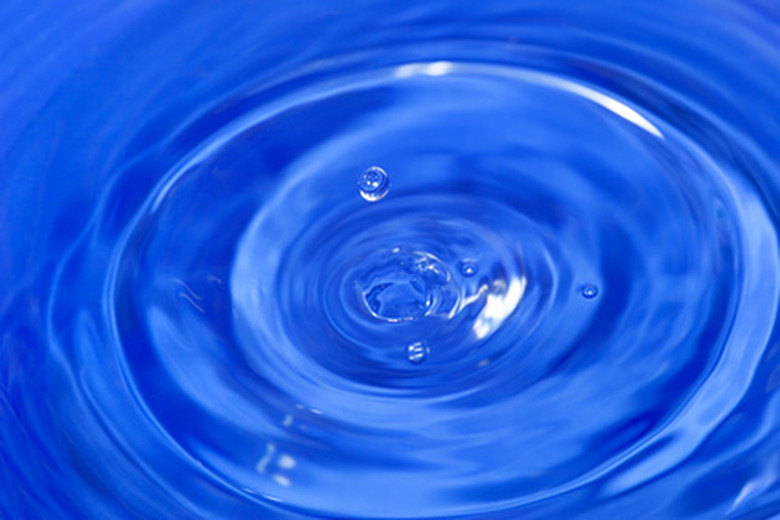Types Of Waste Water
As water flows through the surface of the earth, it takes on many of the characteristics of the materials that it encounters. In its travels, water picks up minerals and organic matter from vegetation or soil, which causes the once-pure water to harbor natural impurities. Two categories of wastewater are used or discarded by people: domestic and industrial.
Domestic Wastewater
Domestic Wastewater
Although domestic wastewater originates from domestic household activities, it can also include water that is discharged from commercial and business buildings and institutions, along with ground water. Water that collects from a storm can also be present in domestic wastewater. The source of domestic wastewater typically consists of liquid discharge from sanitary facilities, bathing, laundry and cooking. This type of water can be treated due to its characteristics.
Industrial Wastewater
Industrial Wastewater
Industrial wastewater, which originates from the manufacturing process, can be more difficult to treat due to the examination that must take place at an industry-based level. Industrial sources of wastewater contain contaminants such as:
- oils
- pharmaceuticals
- pesticides
- silt
- chemicals
- other byproducts
Composition
Composition
Wastewater, which is constantly changing, is classified as having set particles, or colloids, which are materials that do not settle readily, along with solids that are in a dissolved state. It also contains large numbers of microscopic organisms that are mostly bacteria, which are capable of consuming the organic components of fats, proteins and carbohydrates that force changes to the wastewater.
Collection
Collection
Efficient and effective treatment for wastewater requires that it pass through a network of pipes, pumps and pump stations within a specific amount of time. The collection of water needs to be done with a velocity of at least two feet per second to ensure that solids are not settling and clogging up the pipes, causing odors. Manholes at every 300-500 feet allow inspection and cleaning of the sewer. In low-land areas, a pump station is typically installed to lift the wastewater to a higher elevation to ensure a flow that works with gravity.
Cite This Article
MLA
McCoy, Meghan. "Types Of Waste Water" sciencing.com, https://www.sciencing.com/list-6904747-types-waste-water/. 9 January 2018.
APA
McCoy, Meghan. (2018, January 9). Types Of Waste Water. sciencing.com. Retrieved from https://www.sciencing.com/list-6904747-types-waste-water/
Chicago
McCoy, Meghan. Types Of Waste Water last modified March 24, 2022. https://www.sciencing.com/list-6904747-types-waste-water/
